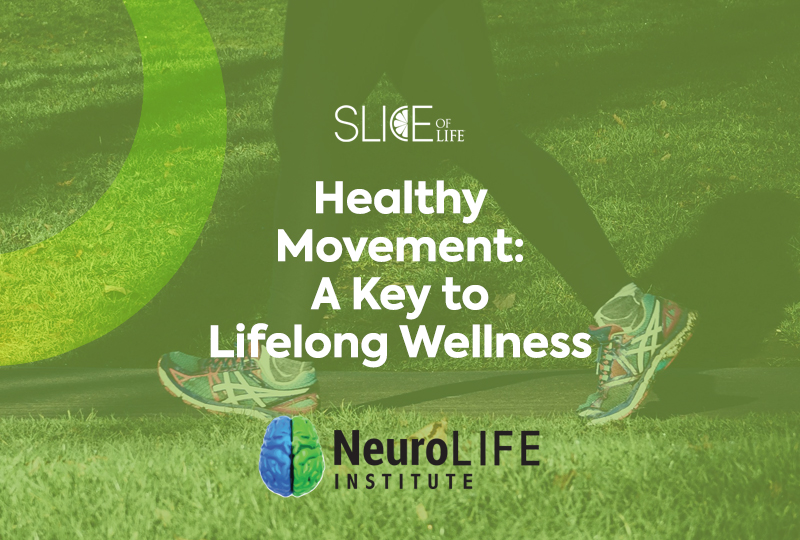Healthy Movement: A Key to Lifelong Wellness with Dr. Dominic Fetterly, Director of NeuroLIFE Institute, Life University (Life U)
At the NeuroLIFE Institute at Life University, we emphasize the critical role of maintaining a healthy level of movement or activity for overall well-being. While reducing symptoms is important, achieving and sustaining health extends far beyond that. One fundamental aspect of this holistic approach is encouraging patients to incorporate regular physical activity into their daily routines.
Baseline Measures for Movement
We often refer to guidelines provided by reputable health organizations, such as the World Health Organization (WHO), which recommend a certain amount of daily movement to support overall health. According to the WHO, engaging in 20 minutes of exercise each day can significantly benefit brain function and cardiovascular health. This recommendation might surprise many who have long believed that effective exercise requires 40 to 60 minutes of intense activity. However, 20 minutes of moderate activity, such as a deliberate walk, is a practical and effective baseline for most adults.
The Importance of Daily Movement
A consistent, daily exercise routine is more beneficial than sporadic intense workouts. Many people start exercising with enthusiasm, only to stop a few days or weeks later. Establishing a daily habit, even if it’s just a 20-minute walk, is far more effective for long-term health. This approach helps cultivate a healthy relationship with exercise, making it feel less like a daunting task and more like an attainable goal. In fact, regular physical activity can be more beneficial than many medications currently available on the market.
Early Development and Movement Patterns
Movement learning begins in infancy, progressing through specific stages. Babies typically start by rolling onto their bellies, lifting their heads, standing with proper balance and eventually … walking. This natural progression is crucial for developing muscle tone and coordination.


Social Media